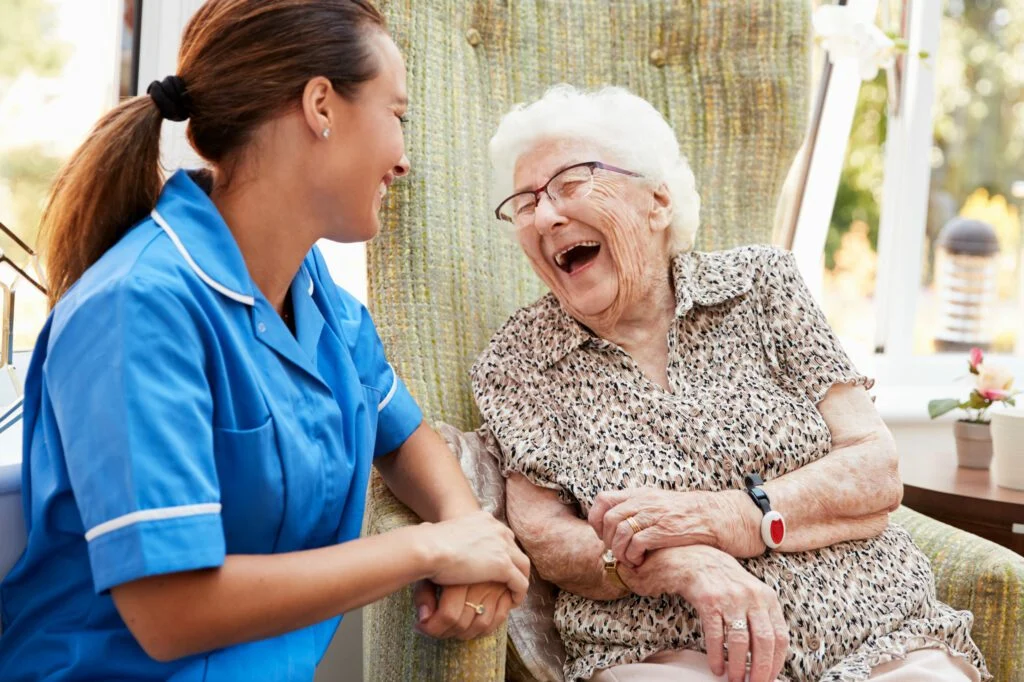Essentials for Caregivers
Essentials for Caregivers: Navigating the Journey of Hospice Care
Taking on the role of a primary caregiver
for a loved one in hospice care can be both emotionally and physically challenging. As the main caregiver, you are responsible for your loved one's daily needs, including managing medications, providing comfort, and coordinating with the hospice team. Staying organized, particularly with medication management, is essential to ensure your loved one’s well-being.

While caregiving is demanding, it also offers unique rewards, such as deepening your relationship with your loved one and providing a sense of purpose. Caregiving can be a profoundly fulfilling experience, despite the challenges. It’s important to recognize that you are not alone; the hospice team is there to support you with medical guidance, emotional support, and resources. Their assistance can help ease the burden and allow you to focus on your loved one's comfort and quality of life.
Finally, acknowledging the vital role of caregivers is essential.
Caregivers often face immense pressure, balancing their responsibilities while managing their own emotional and physical health. By ensuring that caregivers have access to the right support and resources, we can help them navigate the caregiving journey with resilience and compassion.

In conclusion, while the role of a caregiver in hospice care is demanding, it also holds the potential for deep emotional connections and personal growth. With the support of a hospice team and the right tools and resources, caregivers can provide compassionate care for their loved ones, making their final days as comfortable and meaningful as possible.
When a loved one with a serious illness returns home from the hospital, they become both a cherished family member and a patient under your care. As the primary caregiver, you shoulder the responsibility of their day-to-day well-being, supported by a dedicated hospice team that includes a nurse, aide, doctor, social worker, chaplain, and volunteer. While the team offers essential guidance and support, the daily care falls largely on your shoulders, requiring you to manage various aspects of caregiving, including medication management and emotional support.

